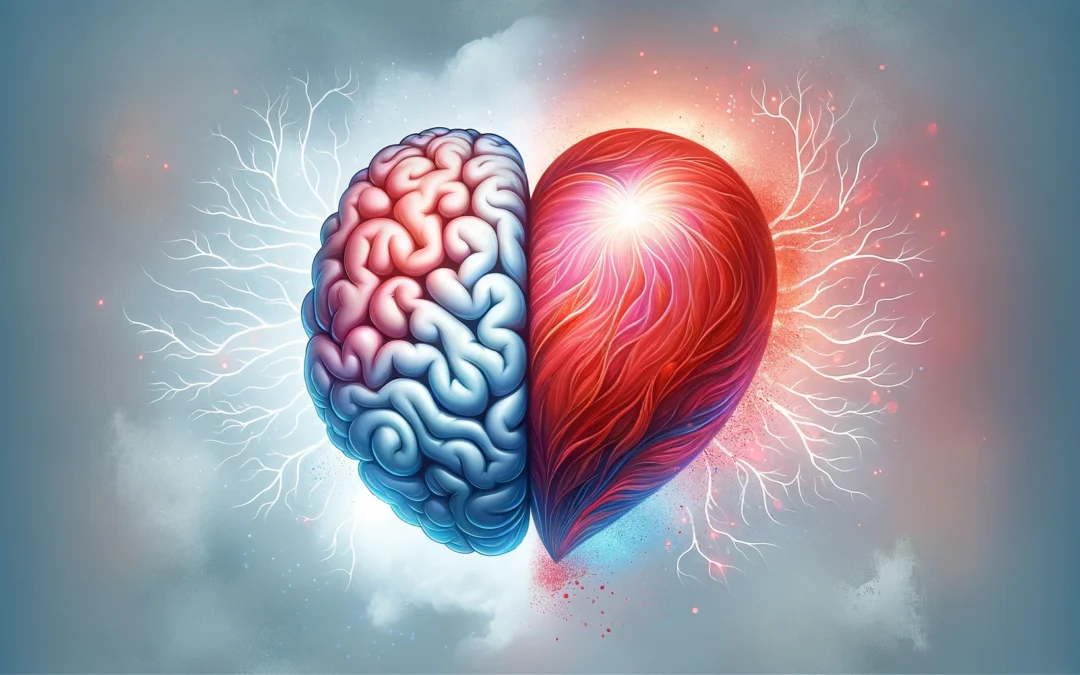Introduction to Emotional Intelligence
Emotional Intelligence (EI), often referred to as emotional quotient (EQ), encompasses the ability to recognize, understand, manage, and reason with emotions.
Pioneered by psychologists Peter Salovey and John D. Mayer, and popularized by Daniel Goleman, EI has become a critical aspect of personal and professional development. The key components of EI include self-awareness, self-management, social awareness, and relationship management.
Self-awareness involves recognizing one’s own emotions and their effects. It is the foundation of emotional intelligence, enabling individuals to understand their strengths and limitations.
Self-management, on the other hand, is the ability to regulate emotions, particularly in stressful situations, and maintain a positive outlook. This skill is essential for resilience and adaptability.
Social awareness is the capacity to understand and empathize with the emotions of others. This component helps in navigating social complexities and building strong relationships.
Relationship management is the ability to inspire, influence, and develop others while managing conflict effectively. It is crucial for leadership and teamwork.
The importance of emotional intelligence cannot be overstated. In personal contexts, EI helps individuals navigate their feelings, manage stress, and communicate more effectively, enhancing relationships and overall well-being.
In professional settings, high EI contributes to better teamwork, leadership, and decision-making, significantly impacting organizational success.
Historically, the concept of EI has evolved through various studies and research. The term “Emotional Intelligence” first appeared in a 1990 paper by Salovey and Mayer, who described it as a form of social intelligence.
Daniel Goleman’s 1995 book, “Emotional Intelligence: Why It Can Matter More Than IQ,” brought widespread attention to the concept, emphasizing its role in achieving personal and professional success.
Today, emotional intelligence is recognized as a vital skill set, integral to personal development and organizational effectiveness. Its relevance continues to grow as we understand more about the interplay between emotions and cognitive processes, underscoring the profound impact of EI on our lives.
Check out this video!
We invite you to explore this valuable video from Joelle Hadley by visiting our resources page. You can also view the original video on YouTube. By deepening your understanding and practice of emotional intelligence, you can unlock new levels of personal growth and professional effectiveness.
Discover the transformative power of emotional intelligence and start your journey towards greater emotional and social competence today.
– Post Generated by AI, 5/29/24

